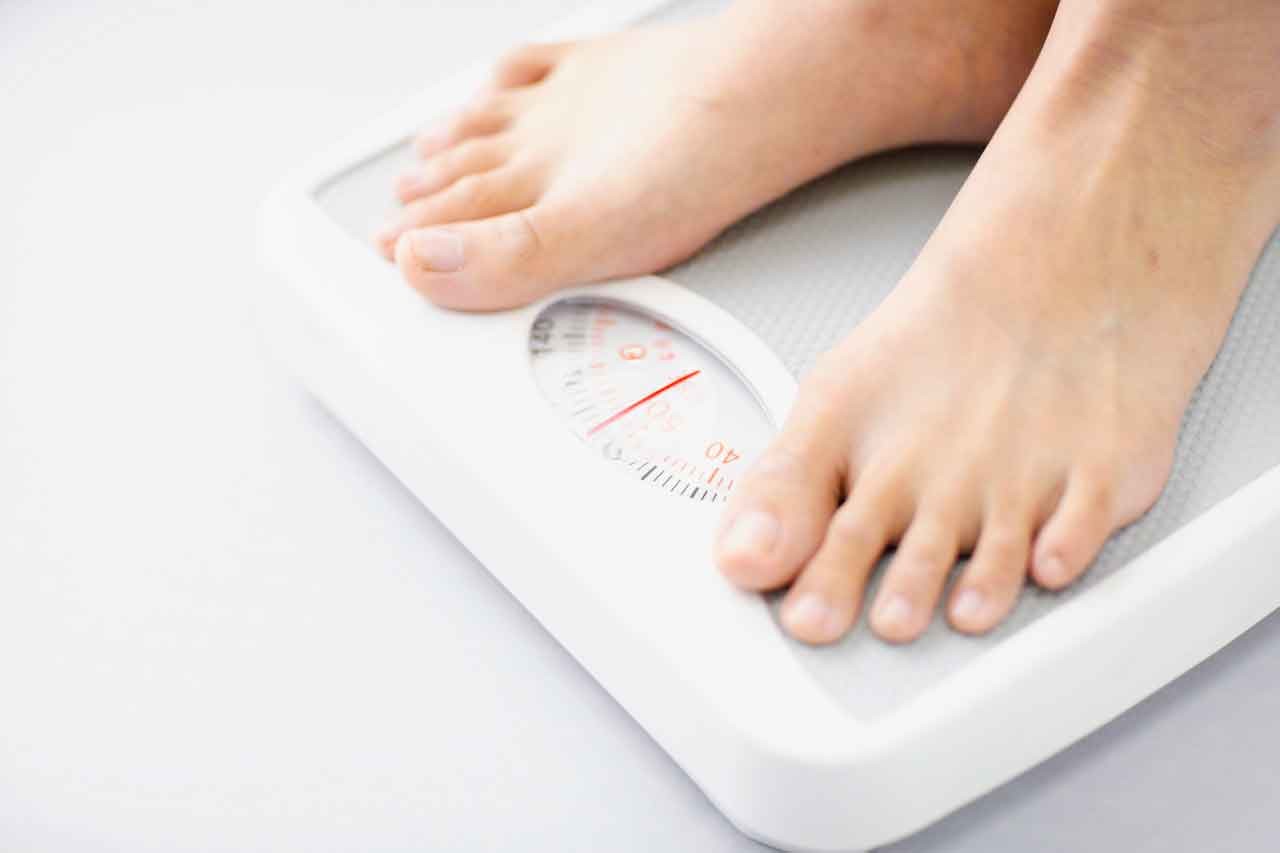Staying Slim Is Harder Than Ever

Our microbiomes may have shifted in ways that promote obesity.
Americans are heavier — and not just because we eat more than we used to. In fact, according to a study matching up diet and exercise data on thousands of people, we’re 10 percent heavier than our 1980s counterparts with similar habits.
“Our study results suggest that if you are 25, you’d have to eat even less and exercise more than those older, to prevent gaining weight,” Jennifer Kuk, a professor of kinesiology and health science at Toronto’s York University, said in a statement.
So your twenty-something daughter has to be more disciplined than you were to maintain the same weight at that age.
YOU MIGHT ALSO LIKE: Why Food Affects Mood
Kuk and her team also analyzed their data to see how our diets have changed. Between 1971 and 2008, body mass index (BMI), the total calories and carbohydrates we eat, increased 10 to 14 percent. At the same time, we cut back on fat and protein by 5 to 9 percent.
People began exercising more after 1988 — the team found large gains through 2006, when the study data ended.
It’s a mixed picture — eating more calories and carbs, but exercising more — and, at least when analyzed as data points, we end up with higher BMIs. That helps explain why I became overweight while remaining average for my height and age — even though I routinely got at least an hour of exercise a day.
Underneath those shifts in habits is that 10 percent upward trend. Kuk suggested three possible causes for the increase. One, we’re exposed to more chemicals in food and packaging that might be steering our bodies towards packing on fat. Farm animals are treated with hormones and antibiotics that speed up their growth, making them fatter faster — and then we eat their meat and dairy products. Two, we are much more likely to be taking antidepressants, which have been linked to weight gain. Three, changes in the environment in our guts, called our “microbiome,” may be contributing. For example, some evidence suggests that eating artificial sweeteners can change the microbiome and lead to weight gain.
Researchers have not consistently found that overweight or obese people have an unusually unbalanced microbiome; however, in mice there seems to be a clear connection. Obese mice that have a genetic defect that makes them unable to produce leptin, a hormone regulating appetite, have more of a particular kind of bacteria, known as Firmicutes, than other mice. When researchers put some of the Firmicutes from obese mice into normal mice, they gained weight. There may be two mechanisms: the Firmicutes seem to lead to more production of the enzymes used to extract calories and also trigger the storage of fat.
Another study with humans found that differences in gut bacteria had a modest but notable relationship to BMI and also levels of triglycerides and HDL, the blood fats connected to heart health.
What can you do to keep your weight down, besides watching calories and staying fit and active? Try staying away from artificial sweeteners. You also might eat more cereals, beans, and vegetables, which help feed desirable gut bacteria.
Updated:
April 09, 2020
Reviewed By:
Janet O’Dell, RN